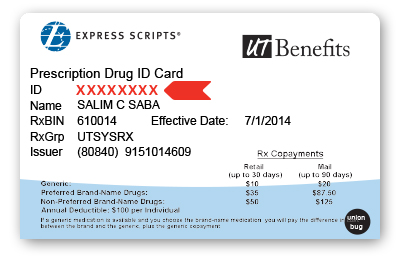
Talk to your healthcare provider about the best way to feed your baby. HIV-1 can be passed to the baby in breast milk. Do not breastfeed if you take EVOTAZ or if you have HIV-1. are breastfeeding (nursing) or plan to breastfeed.Talk to your healthcare provider about how you can take part in this registry. The purpose of this registry is to collect information about the health of you and your baby. There is a pregnancy registry for people who take HIV-1 medicines during pregnancy. Talk to your healthcare provider about forms of birth control that may be used during treatment with EVOTAZ. Hormonal forms of birth control, such as injections, vaginal rings or implants, contraceptive patches, and birth control pills, as some of these may not work when you are taking EVOTAZ.People who are pregnant have developed a serious condition called lactic acidosis (a build-up of lactic acid in the blood) when taking EVOTAZ with other HIV-1 medicines called nucleoside analogues.Your healthcare provider may prescribe different medicines if you become pregnant during treatment with EVOTAZ.Tell your healthcare provider right away if you become pregnant during treatment with EVOTAZ.EVOTAZ should not be used during pregnancy, because the EVOTAZ levels in your blood may be lower during pregnancy and may not control your HIV-1.It is not known if EVOTAZ will harm your unborn baby. are pregnant or plan to become pregnant.


have liver problems, including hepatitis B or C virus infection.Before taking EVOTAZ, tell your healthcare provider about all of your medical conditions, including if you:


 0 kommentar(er)
0 kommentar(er)
